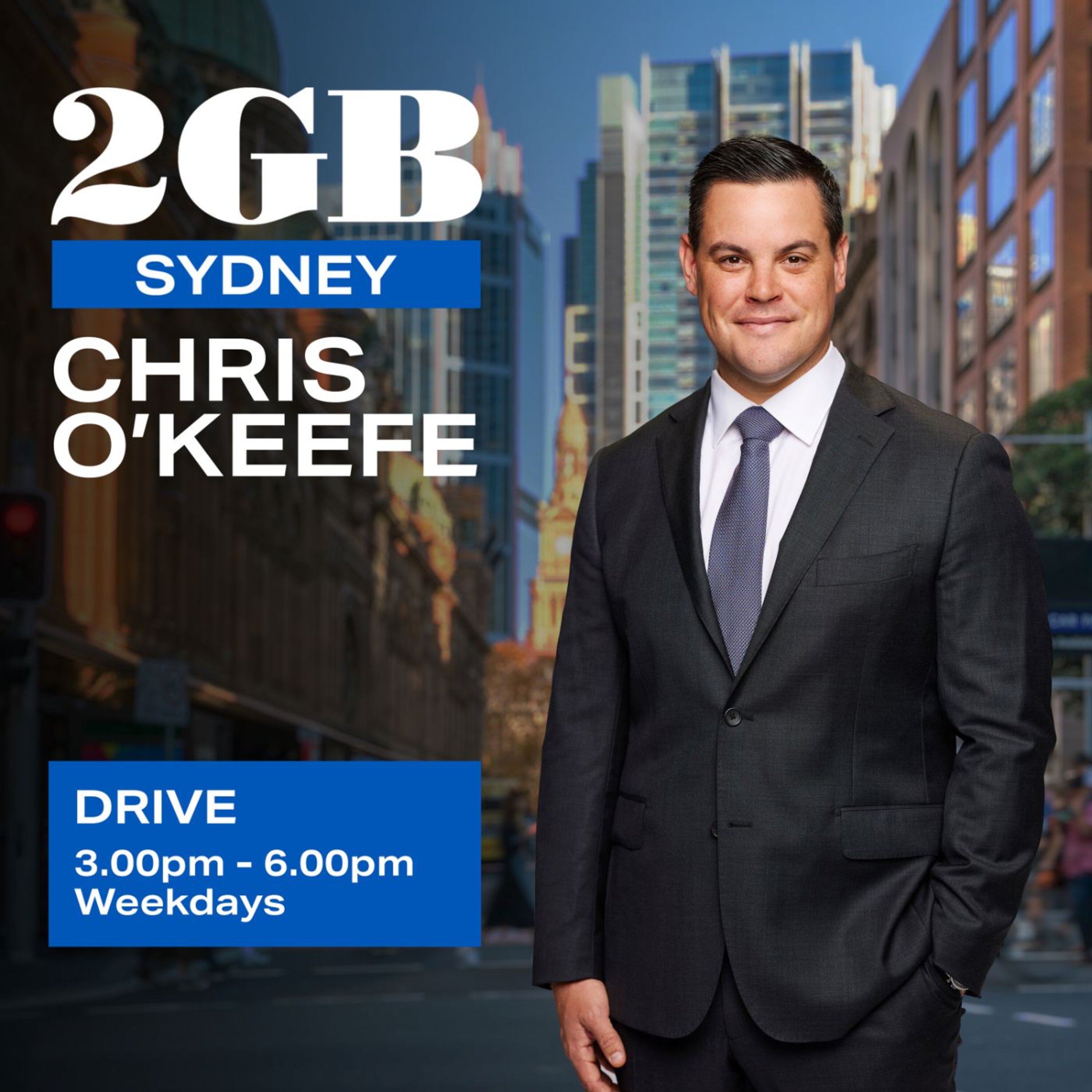
O'Keefe: The societal ailment plaguing reason and sober debate

2GB Drive with Chris O'Keefe
Shownotes Transcript
Now, I thought what we saw yesterday with the assassination attempt of former President Trump is symptomatic of a serious societal ailment. And that ailment is the catastrophisation of issues and the loss of reason and sober debate. It's either got to be nothing or everything, zero or 100 kilometres an hour. And anything in between where the truth generally exists, well, you can't argue that, can you?
You can't offer nuance. Now, people often accuse us here at 2GB of being outrage merchants. But you know, I know, that there's more rationality and thoughtfulness that is offered up here on this radio station than what occurs in other parts of our community, let alone what occurs in the United States of America. But let's just look at things a little closer to home.
And I just want to make an argument here. So I went to the Australian Museum on William Street yesterday. Brilliant day out. Brilliant day out. But as we're walking out of the dinosaur exhibit yesterday at the Australian Museum, there's a big exhibit on climate change. Sure, climate change exists. And while its consequences are up for debate, I wasn't offended by the fact that there was a climate change exhibit at the Australian Museum. I didn't care at all.
And it talked about extinction issues and how a warming planet can impact Australia. And all this stuff at the Australian Museum is effectively aimed at sort of kids and school students to inform them. But then I saw this. On the wall of the museum, it says, quote, What can we do?
We need to act now. Over the next few decades, we will find it increasingly hard to live comfortably in our world. Sometimes it can feel like the climate battle is lost. One person can make a difference. Embrace renewable energy. Eat less meat. Drive and fly less. Talk to others and don't invest with banks and funds that support fossil fuels.
We need governments and businesses to move from a fossil fuel economy and invest more in climate-friendly industries and practices. And then it says, join one of the many groups calling for these changes. That's on the wall of the Australian Museum. Now, not only does this offer no nuance...
or talk about the consequences of making decisions like driving and flying less, or the practicalities of eating less meat and embracing renewable energy, and moving from a fossil fuel economy, none of that is qualified in what's on the wall directed at children and schoolchildren at the Australian Museum. It also doesn't point to the fact that Australia produces just over 1% of global emissions. But this call to action on the wall at the Museum
to join the many groups calling for change. Well, next to the spiel has a whole bunch of posters from the school climate strike. And one of those posters says, quote, I'd be in school if the planet was cool. Well, it was a great day out, but the fact is the exhibition was effectively encouraging kids to skip school to fight for the climate crisis. Should a taxpayer-funded museum be promoting kids wagging school?
I wouldn't have thought. Shouldn't a museum be promoting kids to learn as much factual information as possible about global warming and Australia's part in it? Now, we asked the museum for a statement. They told us, quote, the climate change posters are a small part of the exhibition and are not positioned as a solution to climate change. That's not true. I saw it. The posters are part of a display that highlights community concern for the environment.
A free exhibition, Changing Climate, brings together specimens and personal objects that reveal a range of stories around experiences of climate change. Now, you could have fooled me. You know exactly what you're doing, the museum, Australian Museum, and now you're saying we try to get out of it. But I think that it goes back to just offering a bit of nuance and qualification to argument because nothing is black and white and offering kids as much fact as possible is important.
especially when it comes to global warming and Australia's part in it. Like, what about this? The United Nations principal panel on climate science shows that Australia is seeing a decreasing number of cyclones hitting the east coast of Australia. I thought we were supposed to be swamped by natural disaster. We're having fewer cyclones. We've never had a lower number of cyclones in Australia since 500 or 1500 years ago. So there were more tropical cyclones in Australia when Jesus was alive than there are now.
And we should teach our children that Tuvalu, the Pacific nation, is not disappearing into the sea. The University of Auckland, in a peer-reviewed study, used satellite imagery to measure Tuvalu's land area between 1971 and 2014. Guess what they found? Tuvalu grew in land size by more than 73 hectares, or almost 3%. Again, we should be sober in the way we teach kids about global warming.
We should try and pollute our planet as little as possible. We should use renewables if and when they are cheap and reliable. When they are cheap and reliable to power our homes and industries, use them. So far, they are not.
We also need to tell our kids that climate change will not lead to the extinction of human beings. The pace of human improvement is rapid. It continues to be rapid. And global warming will just make us continue the arc of improvement just that little bit slower.
than we would have otherwise. Because if us adults teach our kids the world is burning, we can hardly be surprised if they act terrified. Plus, the art of debate and disagreement. We seem to have lost it many, many years ago.
